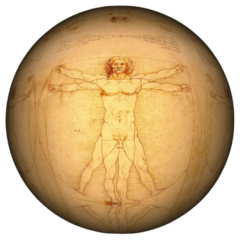The Etruscan language is considered one of the great mysteries of ancient linguistics. The Etruscans were an ancient civilization that existed in what is now modern Italy, in the region known as Etruria, from the 8th to the 4th century BCE.
The Etruscan civilization was highly advanced, with significant contributions to art, architecture, and other aspects of culture, but much of their language remains elusive. Limited surviving texts, mostly short inscriptions, hinder comprehensive understanding. The Etruscan script, derived from Greek, presents decipherment challenges due to unique character meanings. The language’s isolation, lack of known relatives, compound difficulties, and the scarcity of bilingual inscriptions hampers comparative linguistic analysis. The decline of the Etruscan civilization and assimilation into Rome led to language suppression, impeding preservation and transmission. While scholars have made some progress, significant gaps persist in grammar and vocabulary comprehension. Continued efforts, potentially aided by technological advancements, may offer insights into this enigmatic language and its once-thriving civilization. The mystery of the Etruscan language persists as a complex puzzle in the study of ancient languages and cultures.

